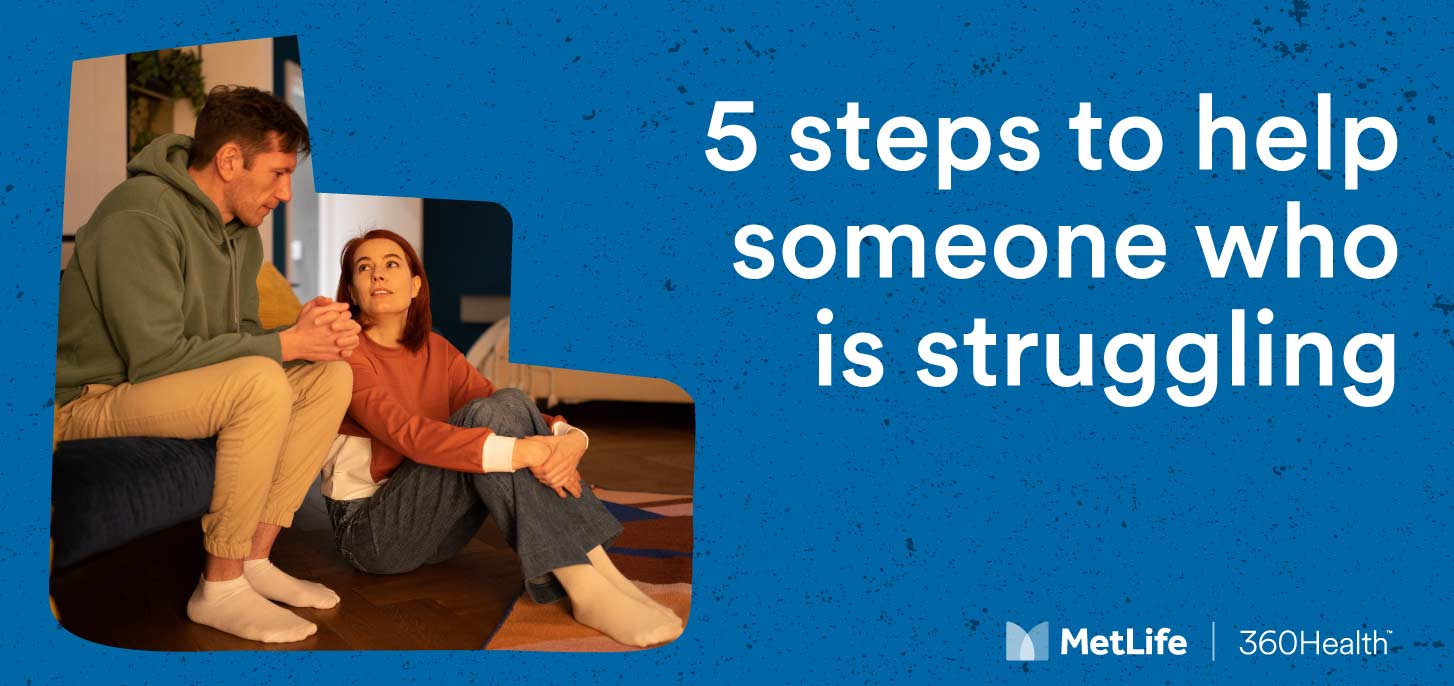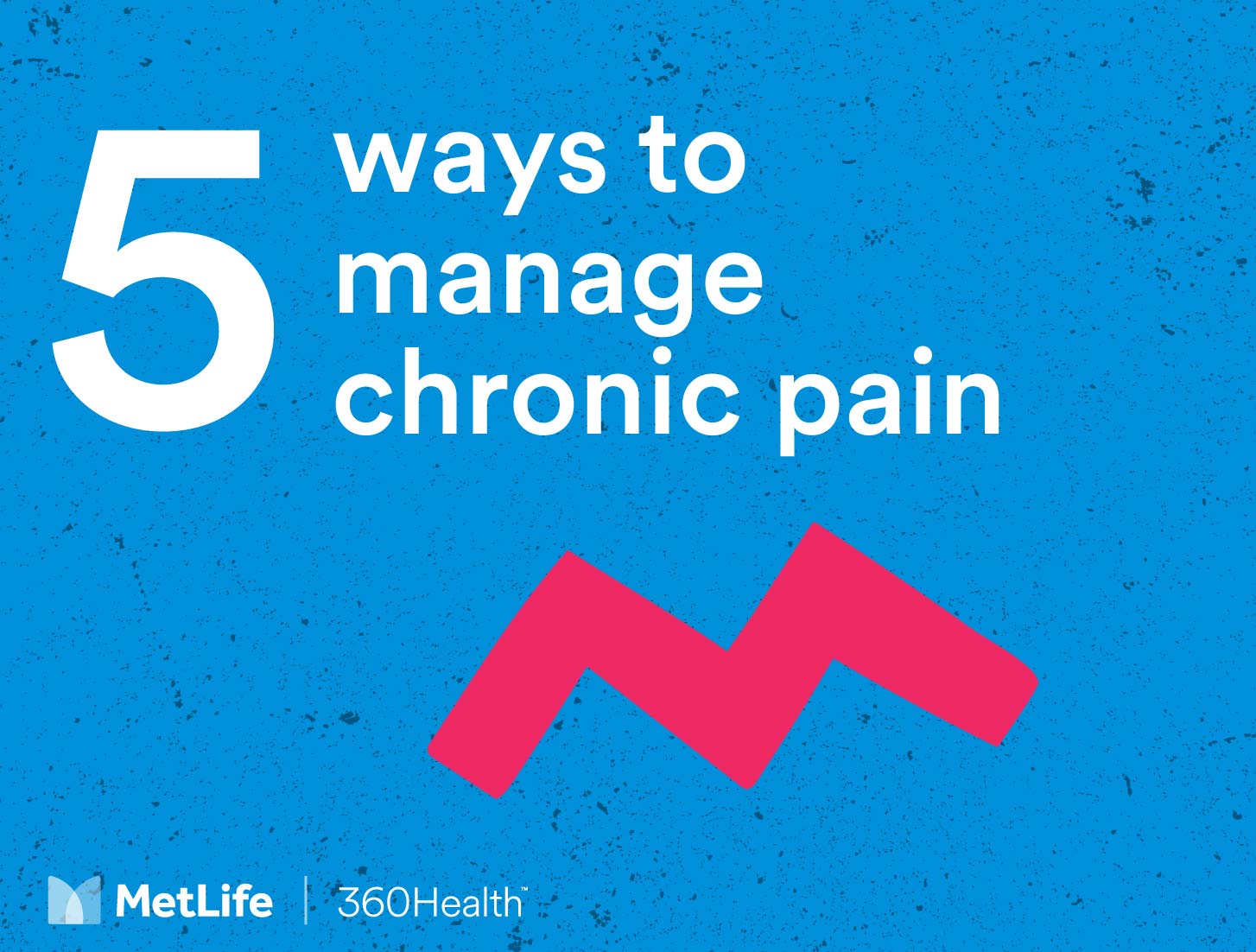
Through simple yet powerful actions, we can make a difference in someone's life. By initiating conversations, and paying attention to subtle signs, we can create a safe space where individuals feel comfortable sharing their struggles.
- Reach Out with Care: Approach them in a relaxed and friendly manner, showing genuine concern. Ask simple, open-ended questions like, "What's been going on lately?" Make mention of specific observations that have raised your concern, such as "I've noticed you've been less chatty. How are you feeling?" If they’re not ready to talk, be understanding. Avoid pushing and let them know you care and are there for them when they’re ready to talk.
- Listen with Empathy: Maintain an open mind while they share their thoughts and feelings. Listen actively in a non-judgemental and empathic way, allowing them to express their thoughts and feelings.
- Offer Practical Suggestions: If you can hear in their dialogue that they may be in danger of harming themselves, ask the question directly, “Are you having thoughts of suicide?”. This direct question can provide an opportunity for an honest conversation. If you believe they are in immediate danger, its critical that you involve others who can help, such as family, friends or call a mental health crisis hotline.
- Stay Connected and Check-In: Schedule a follow-up call in a few weeks and consider reaching out sooner if you feel it’s the right thing to do. You could say something along the lines of, "I've been thinking about you and wanted to catch up since our last talk." Ask if they've discovered new ways to manage their situation. Remember, your ongoing care and connection can truly make a difference.
- Prioritise Expert Assistance: If their emotional state persists or worsens, encourage them to seek professional help. Remind them that some situations may be beyond the scope of friends and family, and that seeking expert support is a positive step toward healing and recovery.
Useful Resources
- R U OK? (resources to help you start a conversation with those around you who may be struggling with life)
- SANE Australia (people living with a mental illness) Phone: 1800 18 7263
- Beyond Blue (anyone feeling depressed or anxious) Phone: 1300 22 4636 or chat online
- Black Dog Institute (people affected by mood disorders) Online help
- Lifeline (anyone having a personal crisis) Phone: 13 11 14 or chat online
- Suicide Call Back Service (anyone thinking about suicide) Phone: 1300 659 467
Ask, Listen, Encourage Action, Check in. If you think there is an immediate risk of self-harm, call emergency services (000).
MetLife 360Health
As a MetLife customer, you have access to 360Health which can connect you with mental health specialists online. The service allows you, your partner and children (over 18 years) to access a confidential, in-depth mental health review from a team of Australian-based experts, and get your general mental health questions answered online.
All of these services are included as part of your insurance offer through MetLife, with no additional fees or costs. Your wellbeing matters to us, and we’re here to support you on your journey.











